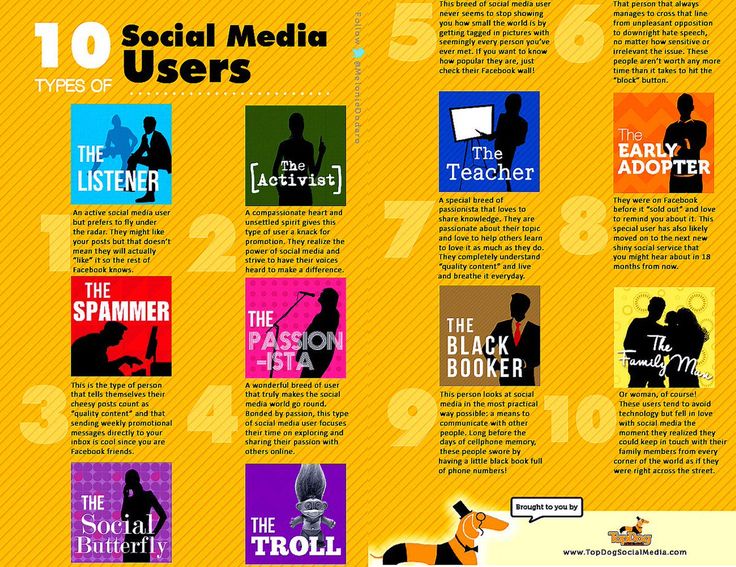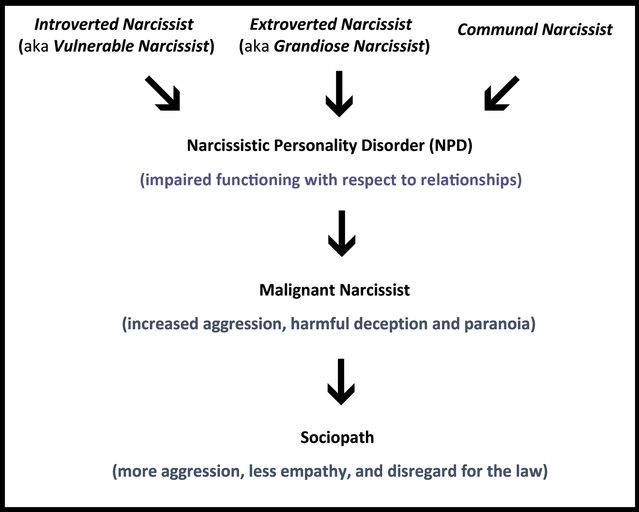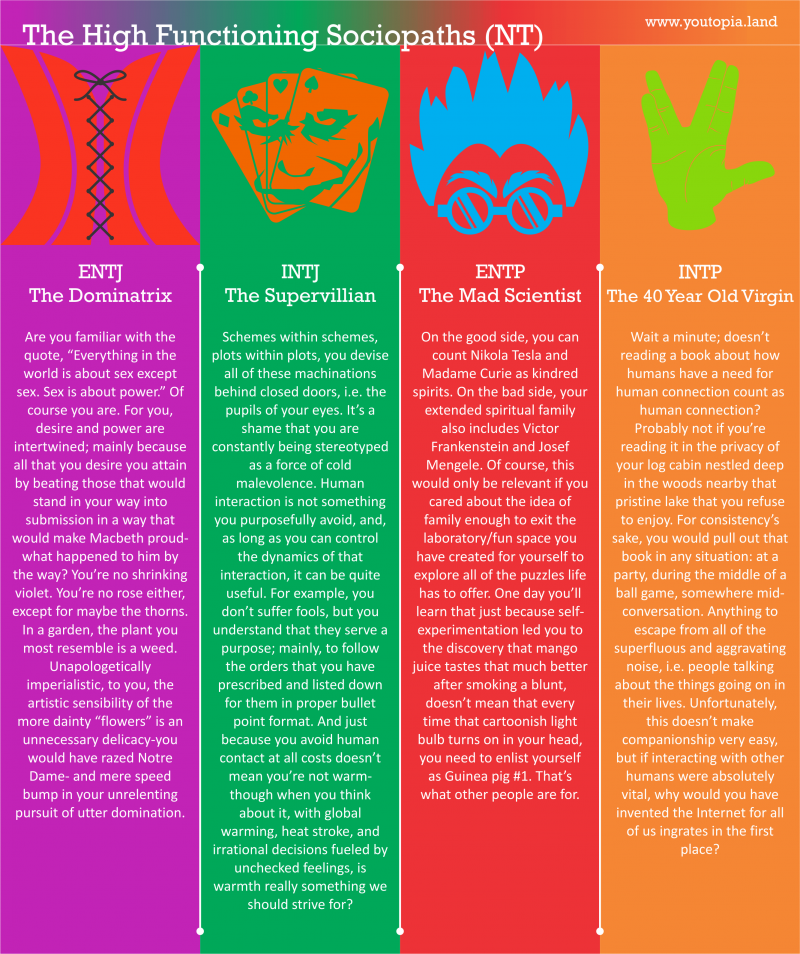How to deal with different types of personalities
How to work with different personalities
Ready to take the initiative & join our newsletter?
Sign Up Now
Leadership & Impact
How to manage a team with different personalities Posted by:
Tony Robbins Working with a diverse team can be incredibly rewarding, adding immense depth and insight to your collaboration. Working with different personalities can also be challenging. Even in the healthiest of workplaces, personality clashes inevitably arise due to differences in communication, leadership style or personal opinion. Whether you own a business, manage one or are employed by one, knowing how to manage a team with different personalities is critical. When you know how to deal with different personalities in the workplace, you’re able to achieve your goals, maintain your peace of mind and create a company culture that’s representative of your brand.
Tips for working with different personalities
Collaborating with different personalities is a skill and an art. Implement the following tips to develop the “soft skills” you need to interact with others productively.
1. Respect yourself.
Self-respect is a precursor to self-awareness. When you understand and value yourself, your perspective and skill set, you’re able to engage others with equal respect. With a solid base of mutual respect, you’re able to handle conflicts successfully.
2. Prioritize shared goals.
When you’re working on how to deal with different personalities in the workplace, your team’s shared goals are the ultimate unifier. You’re all on the same team – this is what’s behind the concept of “team players.” Working as a team doesn’t mean you have to sacrifice your opinion to avoid rocking the boat or back down from coworkers who are more dominant or assertive than you. Working with different personalities just means prioritizing your ultimate purpose.
3. Don’t take conflict personally.
When conflicts arise in working with different personalities, it can feel personal. When someone disrespects you or dismisses your input, it’s valid to feel hurt. But don’t take their behavior personally. They behave the way they do because of their own issues, not because of your character. Creating a bit of space between yourself and others’ behaviors goes a long way in mastering how to manage a team with different personalities.
4. Embrace what others bring to the table.
When you’re working with different personalities on the job, it’s easy to spot the difficulties your differences create. What’s less obvious is how your differences can enhance collaboration. To create cohesion, you’ll need to intentionally seek out the upside of your colleagues’ personalities. If you find a coworker to be aggressive, also consider that this person’s directness allows for a clear exchange of information. If you find a coworker to be overly passive, consider that this person may be trying to demonstrate empathy.
5. Don’t be afraid to handle conflicts directly.
Part of learning how to manage a team with different personalities is leaning into interpersonal conflict. If there’s a dispute, don’t be afraid to confront it directly. As uncomfortable as this may feel at first, it’s far better than letting the issue fester. When you learn how to handle workplace conflicts, this skill sets you apart as an empathetic and effective leader.
How to manage a team with different personalities
Understanding how to manage a team with different personalities is a skill that’s relevant for managers and employees alike. Put the following strategies to use to realize your team’s full potential:
Get to know each person on your team.
The more you understand each person you have on staff, the more efficient your team is. Take time to interact with each employee to build high-quality relationships. And make use of personality testing – a powerful tool for working with different personalities.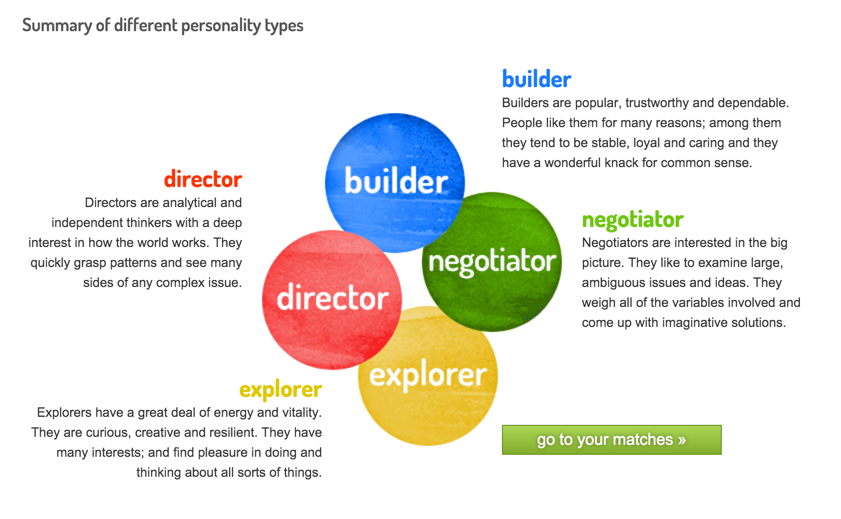
Understand each role in your company.
Part of knowing how to manage a team with different personalities is knowing what strengths each role requires. If a team member’s role is client-facing, that person will need to have extroverted personality traits. If a role is heavily technical, that person will need to be a natural problem solver. When you understand what is asked of each role, you can hire strategically, incorporate complementary personalities into a team and reduce friction when working with different personalities.
Model empathetic communication.
Great leaders lead by example, especially when they’re mastering how to manage a team with different personalities. Demonstrate effective teamwork by tailoring your own communication to the person you’re interacting with. If you know they tend to be soft-spoken, be extra sensitive when conversing with them. If they tend to be very direct, approach the conversation with equal directness.
Build a corporate culture of respect.
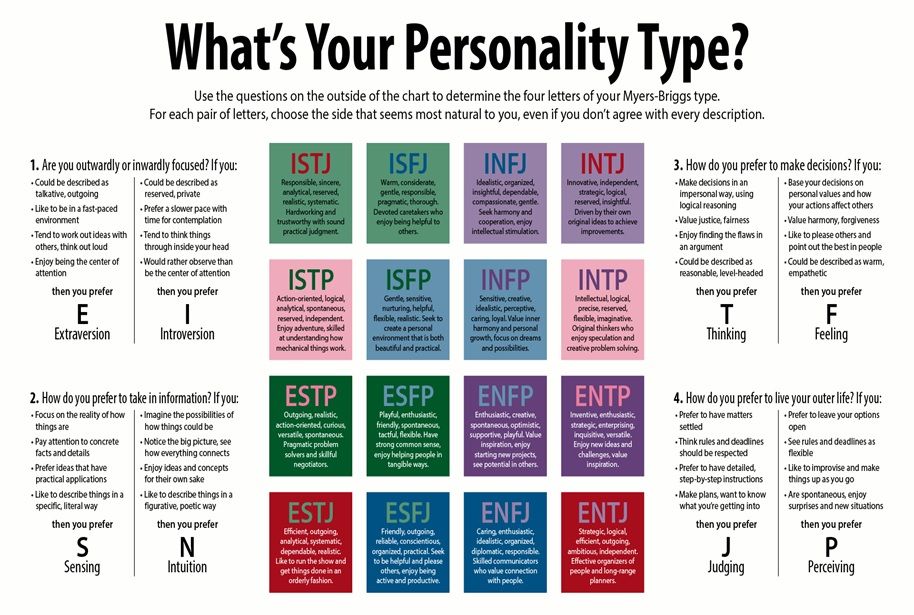
When personality differences breed disrespectful behavior in the workplace, the results are toxic. A study of nearly 800 employees and managers across 17 industries found that when staff was treated poorly at work, 47% intentionally decreased the amount of time they spent on the job, 38% decreased the quality of their work and 78% reduced their company loyalty. If an employee has a habit of disrespecting others, this is a personal problem you must nip in the bud to master how to manage a team with different personalities. Take proactive measures to shape a culture of respect that reflects your business’s core values.
Working with different personalities is a challenge that can transform your experience on the job. Get the support you need to collaborate effectively with Tony Robbins’ Mastering Influence, your resource for effective communication in the workplace and beyond.
Tony Robbins
Tony Robbins is an entrepreneur, bestselling author, philanthropist and the nation’s #1 Life and Business Strategist. Author of five internationally bestselling books, including the recent New York Times #1 best-seller UNSHAKEABLE, Mr. Robbins has empowered more than 50 million people from 100 countries through his audio, video and life training programs. He created the #1 personal and professional development program of all time, and more than 4 million people have attended his live seminars.
Author of five internationally bestselling books, including the recent New York Times #1 best-seller UNSHAKEABLE, Mr. Robbins has empowered more than 50 million people from 100 countries through his audio, video and life training programs. He created the #1 personal and professional development program of all time, and more than 4 million people have attended his live seminars.
featured collections
related posts
close
Join Our Newsletter!
By entering your information on the Tony Robbins website, you agree that we may collect and use your personal information for marketing, and for other purposes, as set forth in our Privacy Policy, which we encourage you to review.
This website uses cookies to personalize your experience and target advertising.. By continuing to use our website, you accept the terms of our updated policies
How to deal with different personalities at work
Most of us spend countless hours at work, and if you work full-time that probably means it’s normal for you to spend more time with your colleagues than with friends and family.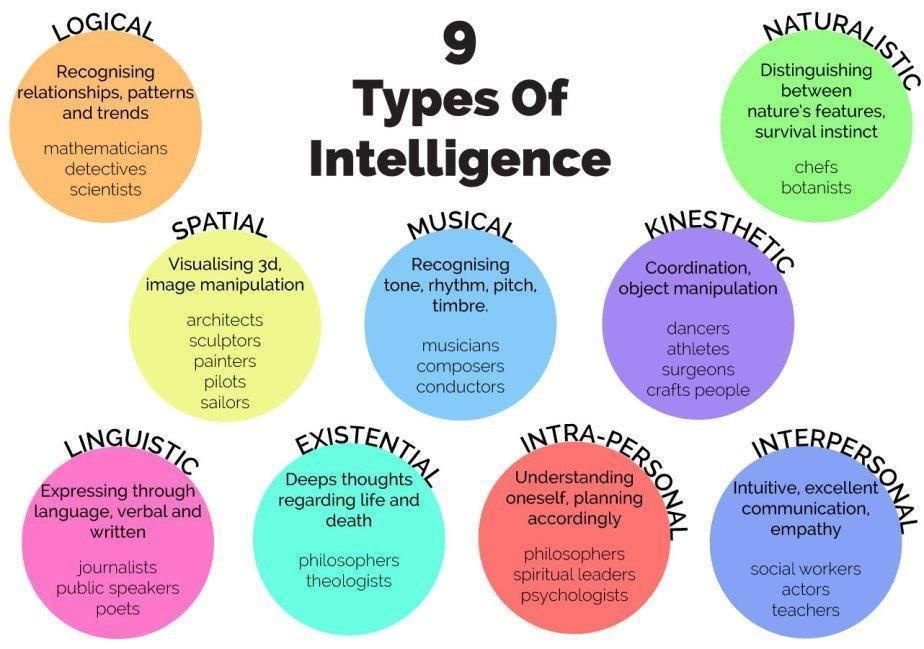
Most workplaces are made up of a variety of different personality types, which is great for diversity, but it can also be challenging to deal with a personality that doesn’t quite mesh with yours.
Learning the skills to cope with people’s different personalities can make your life (and others’ around you) so much easier.
To help you navigate and manage different personalities in the workplace, here are some strategies that may be worth implementing.
Understanding and managing different personalities
The first step to dealing with any challenge is to make an effort to understand it. The psychology behind people’s different personalities has been well-documented and can give you an idea about the range of personalities you may come across in the workplace.
Breaking down the personalities
- The Playful.
- The Peaceful.
- The Powerful.
- The Precise.
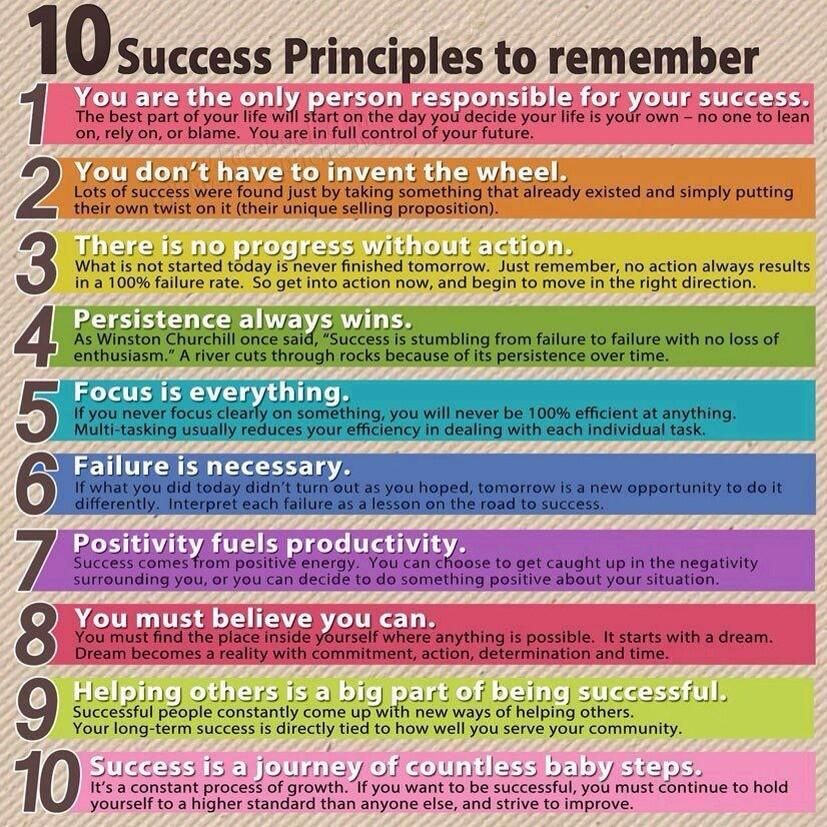
The Myers-Briggs is one of the most common personality tests, and personality expert Allison Mooney has condensed these 16 personality types into four general categories:
1. The Playful.
Playful personalities are energetic, enthusiastic and extroverted. They thrive in social environments and enjoy expressing their ideas. While they are creative and great at coming up with innovative concepts, they can be disorganised and easily distracted.
2. The Peaceful.
Peaceful personalities are orderly and diplomatic. They avoid confrontation and do not make demands on their team members. Rather, they take a calm and measured approach to communicating with their peers. They tend to be more introverted and work well independently.
3. The Powerful.
Powerful personalities—as you might expect—are a force to be reckoned with.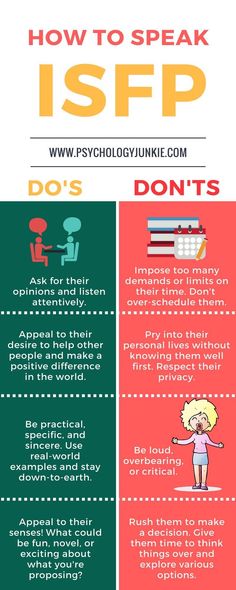 They are decisive, straightforward and results-focused. They are also fiercely loyal and hold strong values. This personality type brings focus and assertion to an organisation, making them great leaders.
They are decisive, straightforward and results-focused. They are also fiercely loyal and hold strong values. This personality type brings focus and assertion to an organisation, making them great leaders.
4. The Precise.
Precise personalities value attention to detail and are highly conscious when it comes to completing tasks. That means they like to “knuckle down” and get the job done right the first time.
For this reason, they are an incredibly valuable asset to any team but they need the right amount of space, support and positive encouragement to thrive. Since they are perfectionists, they tend to be more sensitive to criticism than the other personality types.
Do you see yourself in any of these categories? It’s likely that you fit into more than one category and that is perfectly normal. Humans are complex and multi-faceted, yet on the surface you can see how some of these personalities may clash with one another.
Avoiding personality conflicts at work
Whether you’re a manager or an employee, the best advice to help you avoid personality conflicts at work is to keep an open mind and acknowledge the similarities and differences we all share.
It’s in human nature to want to be accepted and listened to. If you can show empathy and understanding, you’ll find it much easier to neutralise conflicts no matter what personality type you are dealing with.
It’s not about who’s right and wrong
Forget about winning or losing an argument. If you’re having a hard time with a colleague whose personality clashes with yours, take a step back and say, “this isn’t a personal attack, we just see things differently”.
This approach is empowering because it gives you a more realistic and well-rounded perspective that does not put the blame on anyone.
That being said, there’s a difference between personality clashes and outright abuse and harassment so make sure you’re aware of your company’s policies regarding this and don’t ignore the signs if they’re pointing to something more serious.
Let’s go over some strategies for dealing with workplace conflict from an employee and manager’s perspective:
Managing different personalities as an employee
- Avoid gossiping or starting rumours.
- Verbally acknowledge your differences.
- Take a breather.
Personality clashes are one of the most common causes of conflicts in the workplace. Here are some tips to help tame the fire:
1. Avoid gossiping or starting rumours.
You may be tempted to recruit allies, but bad-mouthing someone you work with is never a good idea and will almost always backfire.
If you need to air out grievances, it is always better to talk to someone who can help you deal with it, such as your boss or HR manager. If you have a supportive company environment, this is the best path to take to resolve conflict.
2. Verbally acknowledge your differences.
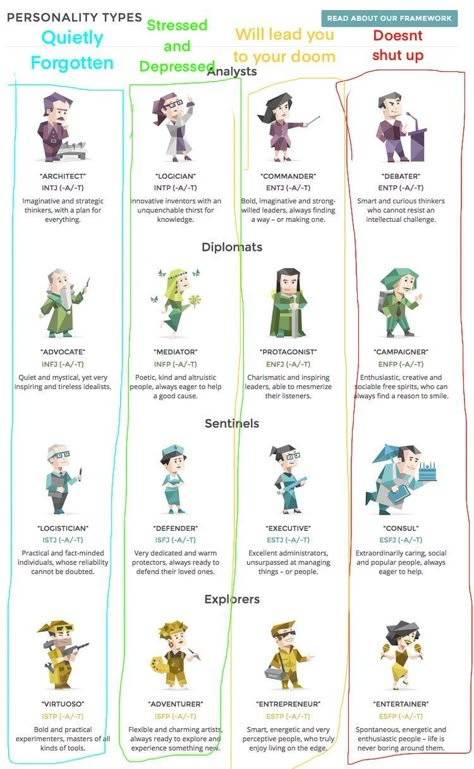
Often people lash out when they feel they are not being understood or taken seriously.
Whether it’s a difference of opinion or a different method of doing things, communicating with the person you’re having a conflict with can bring you both down to a level where you can actually say. “I think we’re both right, but we’re looking at this differently, let’s come up with a solution together”.
3. Take a breather.
When emotions flare up, rational thought can go out the window and you risk saying or doing something you regret. Remember that emotions are never wrong, but the actions you take when you’re governed by them can be, so give yourself the space to deal with them in a calm and healthy manner.
Managing different personalities as a manager
- Treat your employees equally.
- Don't take sides.
- Report abuse or bullying.

As a manager, you’re in a unique position because you are in charge of keeping your team working cohesively. Therefore, any conflict (no matter how minor) can affect the entire team’s outcomes. Here are some things to keep in mind:
1. Treat your employees equally.
There may be members of your team that you get along with better than others but avoid engaging in favouritism, as this can not only create tensions but put your credibility on the line.
2. Don’t take sides.
Unless someone is being completely unreasonable, it’s always better to remain impartial and see both sides of the situation. Avoid letting your emotions get the better of you.
3. Report abuse or bullying.
If you can see things are getting out of hand, it’s vital that you intervene before things get worse.
Whichever way you look at it, encountering different personalities at work is an opportunity for self-reflection and self-growth. Even the most difficult people to deal with can teach us how to be more tolerant and help us to develop the social skills we need to progress in our career.
Ready for your next career move?
Upskilled offers a range of flexible online courses that provide students with affordable, nationally recognised qualifications. From certificates to diplomas in a wide variety of fields, Upskilled covers the most up-to-date material to prepare you for the role of your dreams.
If you’re ready to make the switch, see how you can progress with Upskilled.
7 personality types: how to communicate and work with them
When we see a person for the first time, we get only 5% of information about him. To build the right communication, this data is not enough.
Alexander Malygin, co-founder of the Human Detector Business Services Center, told how to learn how to instantly read information about people.
We have recorded key points from his seminar “Effective Communication. We read the interlocutor at a glance.
How is our personality?
If you depict a person in the form of a diagram, it will look like this:
1. Essence, or that which is unchanging and given to us by genetics. So to speak, "factory settings".
2. Education and the influence of society.
3. Social mask, or what we broadcast to the outer space.
These aspects determine how our communications are built in real life. When people do not yet know each other, they communicate at the level of social attitudes. nine0003
That is, they use a social mask.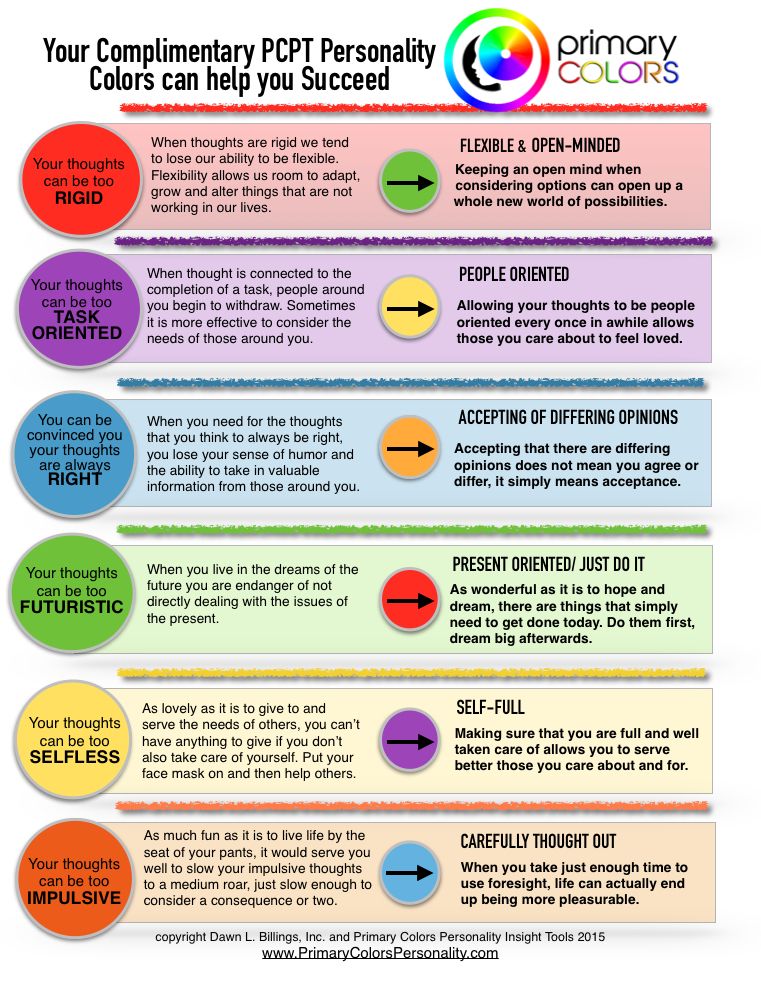 When they get to know each other a little, the upbringing of society comes into play and the essence is partially manifested. If the interlocutors have known each other for a long time, the leading role in communication is played by the essence and a little - upbringing.
When they get to know each other a little, the upbringing of society comes into play and the essence is partially manifested. If the interlocutors have known each other for a long time, the leading role in communication is played by the essence and a little - upbringing.
All business content in a convenient format. Interviews, case studies, life hacks corp. of the world - in our telegram channel. Join now!
Although we are all individuals, we can be divided into groups according to formal characteristics - like cars or smartphones. nine0003
With technology, everything is simple - there are images by which we immediately determine the characteristics. What about people? Our behavior is controlled by the ratio of hormones in the blood.
Knowing which of them prevail in the human body, it is possible with a high probability to predict his psychotype and character traits.
The experience of Human Detector shows that with the right typing, in the first seconds of meeting a person, you can:
- recognize his principle of thinking
- Understand the principle of communication
- Determine the Professor
- Make assumptions about hobbies and hobbies
- to understand how active your interlocutor
is to find out with whom it will be compatible with- and even - how to sell him correctly
Tip: choosing a business partner like us, we make a serious mistake, because both of them have the same attitudes.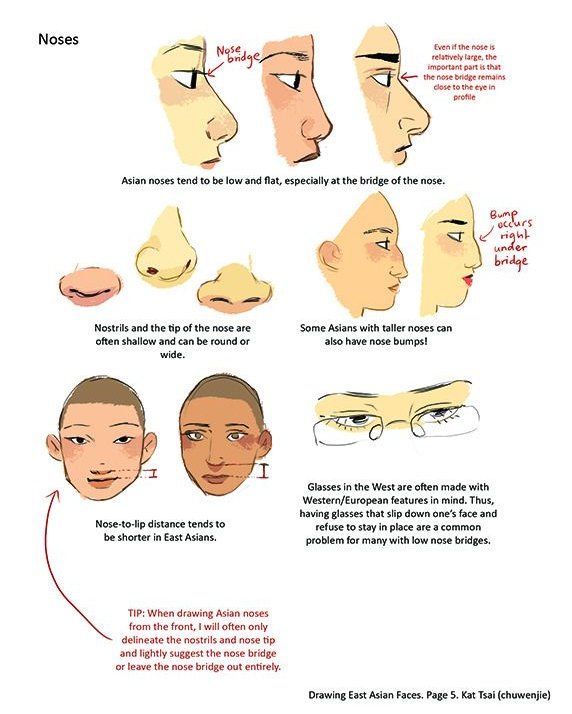 This means that sooner or later everyone will start to “pull the blanket over themselves”, and the partnership will grow into open competition. nine0003
This means that sooner or later everyone will start to “pull the blanket over themselves”, and the partnership will grow into open competition. nine0003
Business partners should not be the same in subconscious values. They must complement each other.
If both strive to earn as much money as possible, a struggle for resources will begin between them.
As a result, there will be a crisis of confidence, and the paths will part. It is important to strike a balance: for example, one wants money, and the other wants to create a cool product. In such a tandem, success is possible. If, of course, the distribution of roles is correct.
What are people like?
It would seem that the general rules of communication are simple and have long been known in marketing. To enlist the confidence of the interlocutor, you need:
- Call a smile of
- Interesting with communication
- Lift
- to make a compliment
- not irritating
- offer to continue communication in an informal setting
- take into account the peculiarities of the interlocutor's communication
Still, these are general techniques. What works for one is unacceptable for another. To find a personal approach to a person, it is important to build communication, taking into account the type of his personality.
What works for one is unacceptable for another. To find a personal approach to a person, it is important to build communication, taking into account the type of his personality.
For more than 100 years, scientists have studied the influence of the hormones that prevail in the human body on its behavior and performance. The experiments were carried out in 80 countries of the world, and more than 25 thousand people took part in them.
As a result, seven personality types were identified. Today, this knowledge is used in communication, as well as to assess the potential of employees.
Let's consider each type in more detail.
Of course, exceptions are possible. In one person, the qualities of two endotypes can be combined. Nevertheless, the technique is considered quite accurate and allows you to get 80% of knowledge about a person at a glance.
Type #1. Fidget
What they look like: are usually people of average height, thin, very active, with thin wrists.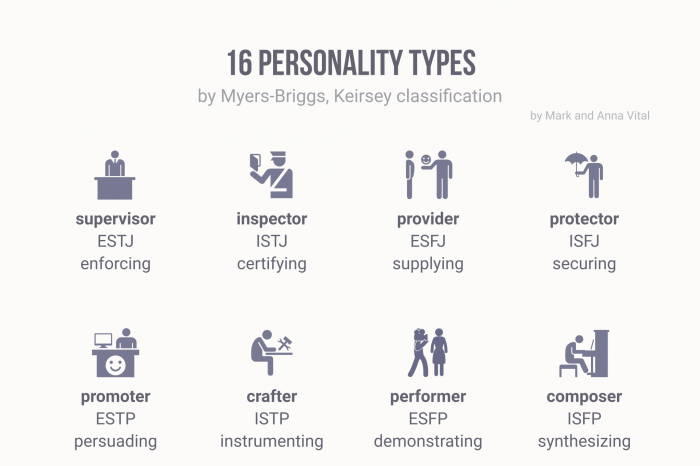 They look younger than their age and are very active due to their increased metabolism. nine0003
They look younger than their age and are very active due to their increased metabolism. nine0003
T3 and T4 hormones from the group of thyroid hormones predominate in their body.
Prominent representatives: Jeff Bezos, Sergey Brin, Pavel Durov.
Principle of thinking: people of this type are very fond of talking. Speech is a vital resource for them. At the same time, the listeners of them are unimportant.
Favorite phrase of such people: "Forgive me for interrupting."
They live by emotions and sensations. Information is also perceived emotionally. They are prone to distrust, looking for a catch in everything. nine0003
How to communicate with fidgets? It is necessary to let them speak, to be on a positive wave in conversation, to try not to arouse doubts with their speeches.
How to work with fidgets? No need to be offended by a fidget if he didn't do something or forgot to call you back.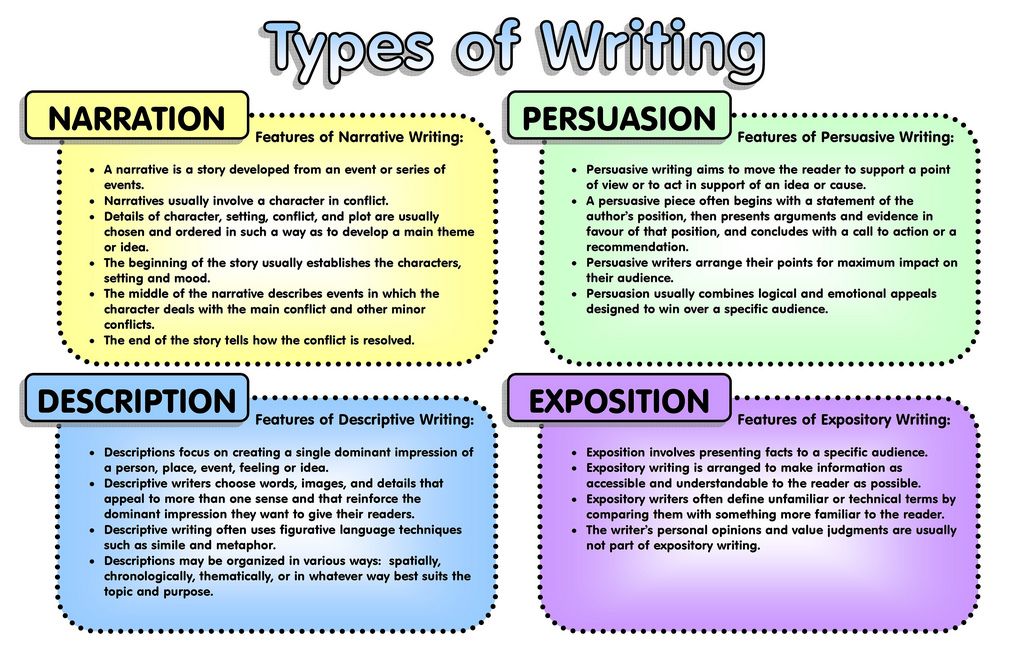 The constant flow of thoughts in his head does not allow him to concentrate on one thing.
The constant flow of thoughts in his head does not allow him to concentrate on one thing.
Do not hesitate to remind about the agreements, always control the assigned tasks. Fidgets are not very consistent managers. There is always a risk that deadlines may be missed or something overlooked. nine0003
Type #2. Skeptic
What they look like: skeptics are often overweight. They have sloping shoulders, pale skin, and some puffiness. The main hormone in their body is melatonin.
Outstanding representatives: Elon Musk, Angela Merkel, Steve Ballmer.
Thinking principle: this type of people seeks to be safe, loves solitude and does not believe in success without super efforts. Self-will and stubbornness are their hallmarks. nine0003
How to deal with skeptics? It is important to become their ally and let them know that you will not harm them.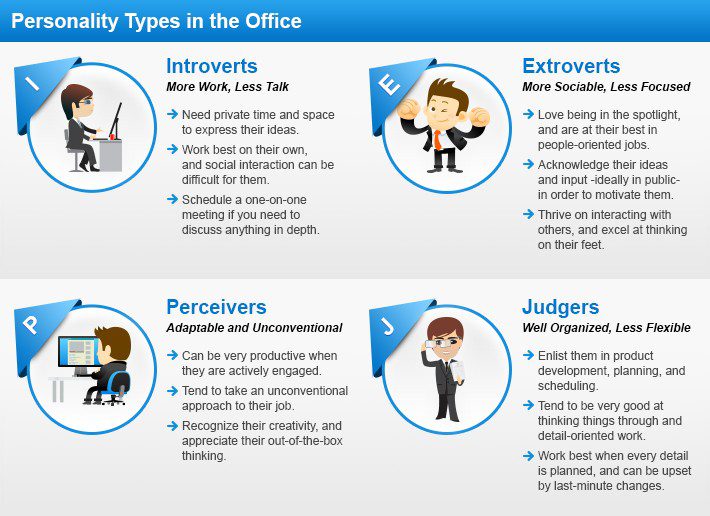 These people cannot be pressured. Speak calmly and slowly, do not show stormy joy.
These people cannot be pressured. Speak calmly and slowly, do not show stormy joy.
Especially if it is causeless.
How to deal with skeptics? Do not expect instant results from them, do not set urgent tasks. These people work at their own pace, not fast at all. The skeptic works best in the evening.
Therefore, they can take "homework assignments". They also work remotely.
Type #3. Sun
What they look like: is the rarest type of people. There are only 5% of them in the world. In terms of appearance, this is a classic standard of beauty. Men are distinguished by high growth and broad shoulders. Girls of this type have an ideal figure.
Outstanding representatives: Lawrence Ellison, Pierce Brosnan.
The principle of thinking of these people: "I am the center of the world", "Everything should be my way.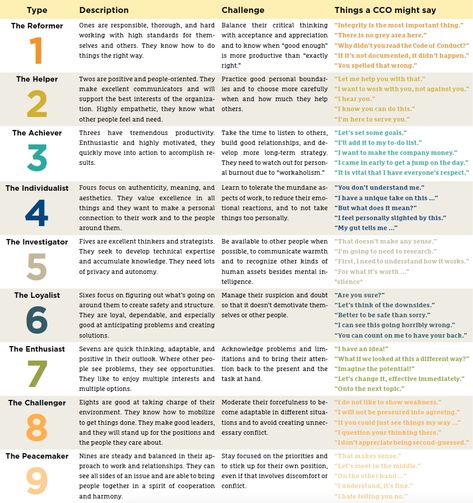 " They love holidays and parties, they cannot stand loneliness, they always strive to be in the thick of things, they are emotional and selfish. nine0003
" They love holidays and parties, they cannot stand loneliness, they always strive to be in the thick of things, they are emotional and selfish. nine0003
This type of person is so accustomed to compliments that over time they simply stop responding to them.
They have fits of sadness, but usually they do not last long: 5-10 minutes of sadness - and these people are ready to have fun again.
How to communicate with the sun? Play along with the sun, admire it, share positive emotions. Let you feel like the main character, do not disturb the atmosphere of the holiday.
By the way, such people can be useful not only in society, but also in business. nine0003
They will not understand your product, but they will be able to attract the attention of an investor to your company. Communication and the ability to interest are their strengths.
How to work with the sun? Do not forget to praise such people for their achievements, and they will conquer new heights. Slightly flatter the vanity of the sun, but do not let it sit on your neck.
Slightly flatter the vanity of the sun, but do not let it sit on your neck.
Type #4. Fighter
What they look like: are people of average height with wide wrists and short fingers, of a dense build. They are always internally tense. Adrenaline dominates in the body of fighters. nine0003
Representatives: Mike Tyson, Jason Statham.
The principle of thinking: fighters are distinguished by straightforwardness in judgments, negative perception of the world, irascibility. These people see a problem in everything that needs to be solved urgently.
At the same time, they have a heightened sense of justice. They are able to protect others if they believe that they have been undeservedly offended.
People in life and business love directness and honesty, even if the truth looks ugly. nine0003
How to communicate with fighters? Talk about the problem directly, do not try to smooth corners and hide negative facts.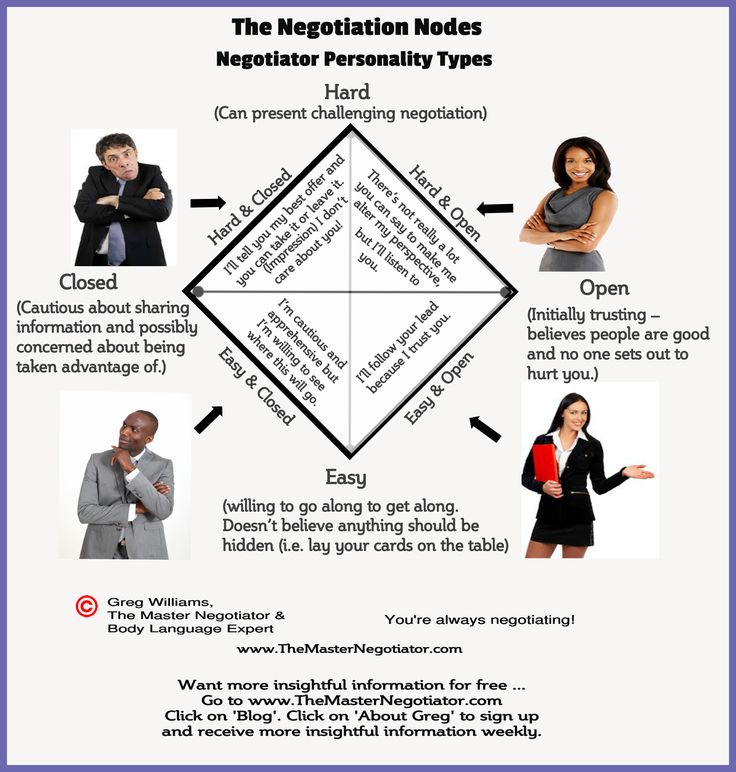 Don't get into arguments. Be equal, but be respectful at the same time.
Don't get into arguments. Be equal, but be respectful at the same time.
Appreciate their time: it is better to submit documents to such business partners in electronic form.
How to work with fighters? This type is the most conflicting. Don't aggravate your relationship with him. A fighter can be rude and harsh in communication, but all his efforts are directed only to the cause. nine0003
For him, there are no obstacles on the way to achieving the goal.
Type #5. Pedant
What they look like: they are tall and thin. Restraint can be traced in movements and speech. Somatotropin (growth hormone) and adrenocorticotropic hormone are responsible for all processes in the body of these people.
Outstanding Representatives: Steve Jobs, Henry Ford, Keanu Reeves.
Principle of thinking: these people always stick to the plan in everything and always like to make lists. They are systemic, they keep everything under control. Rational in all actions and actions - from movements to spending. nine0003
They are systemic, they keep everything under control. Rational in all actions and actions - from movements to spending. nine0003
How to communicate with pedants? Use the principle of "first things first", be consistent and logical. In support of your words, give arguments, figures and facts. Speak slowly and without fuss.
How to work with pedants? They live and work in their own way. And carefully calculated. If you do not set specific deadlines for Pedant, he will calculate his time in a way that is convenient for him.
This will probably not suit you: Pedants are usually slow and prefer to act measuredly. nine0003
Type #6. Boss
What they look like: are people with a big head, broad shoulders, with a developed chest. As a rule, they have muscular legs. The dominant hormone is oxytocin or the hormone of happiness.
Outstanding representatives: Steve Wozniak, Evgeny Chichvarkin, Gerard Depardieu.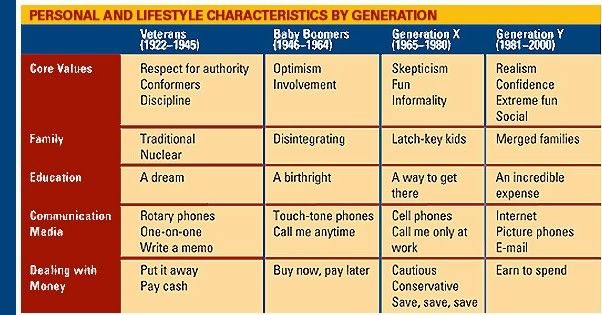
Principle of thinking: the boss wants everything at once. He is characterized by leadership, a large-scale vision of any situation, a sense of justice. Such people know how to make decisions and are not afraid of responsibility. nine0003
If you don't live up to your boss's trust, he will cut you out of his life forever. There will be no second chance to secure his favor.
How to communicate with the boss? Be respectful, praise him for accomplishments, speak clearly and to the point. Show that you value his time. Gifts for these people should be expensive, food should be tasty and of high quality, and the interior should be luxurious.
How to work with a boss? Give him freedom of action. At the same time, highlight the area of responsibility where he will be the full owner. Give the boss all the necessary resources and the ability to independently select a team. The result will meet your expectations. nine0003
The result will meet your expectations. nine0003
Type #7. Good-natured
How they look: are usually people with rounded features, short. They are distinguished by sloping shoulders and a good-natured appearance. There are two main hormones in the body of these people: estrogen and insulin.
Outstanding Representatives: Mark Zuckerberg, Oskar Hartmann.
The principle of thinking: kind people are always ready to help, while they themselves are embarrassed to ask for something. Change is hard for them: most of all they value stability and constancy. nine0003
Often these are creative people who are able to see the unusual in everyday life. Kind people love moderately original clothes, they know how to create a beautiful interior around themselves, they are endowed with excellent taste.
How to communicate with a kind person? The motto of these people: "Let's live together.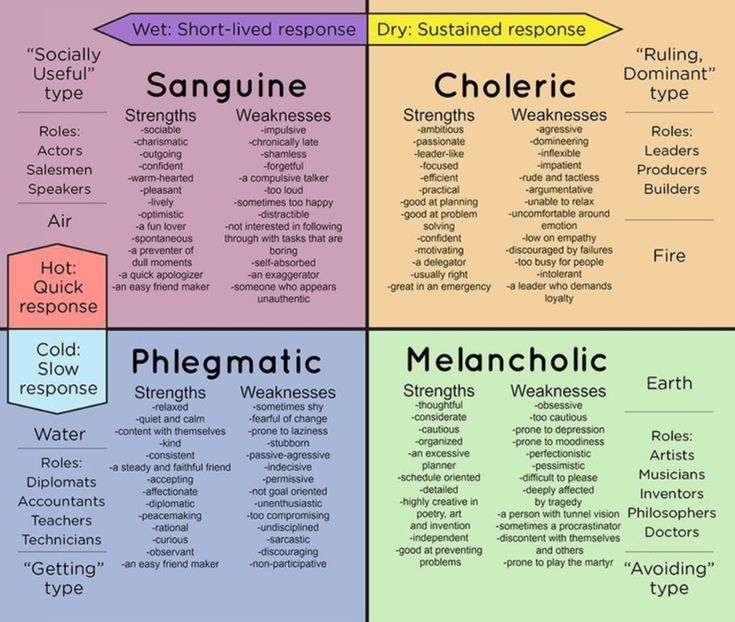 " When talking with them, it is important to radiate kindness, not to show negativity. Speech should be calm and unhurried. It is important to create an aura of serenity.
" When talking with them, it is important to radiate kindness, not to show negativity. Speech should be calm and unhurried. It is important to create an aura of serenity.
How to work with kind people? These are good performers. They are afraid to let the team down and are ready to help everyone around them. The main thing is that there is no emotional tension in the team and the atmosphere helps to reveal the creative potential of good-natured people. nine0003
All processes in our mind are controlled by the endocrine system. Knowing its type, a person can be read like a book: find points of contact and remove barriers in communication.
The typology can be used both in marketing and during behavioral interviews.
If some basic qualities are not inherent in the endotype of a person, then it will be difficult to develop them. Simply put, a fighter will never become the sun, and the boss will never be a fidget.
But knowing the strengths inherent in each type, you can use the natural potential of a person to the maximum. nine0003
Building communication with different personality types
Demonstrative (hysterical) personality type
If you want to immediately please a person with a demonstrative profile, make him feel like a “figure” against your “background”. Shower him with compliments, other signs of your location and benevolent attention. Don't be afraid to overdo it.
Demonstrative, even if very smart, developed, well-worn, of course, will notice, but will certainly forgive you such rampant imagination. He will think to himself: “Well, brother, you have enough. Over the edge, you know. Though…". And warmth will spread in his soul, a response wave of friendliness will arise. nine0369 Remember that for a demonstrative (hysteroid) the best gift is a public recognition of his merits. He values moral encouragement most of all. If you want to thank him, mark him in the best way - present a diploma, hang a medal.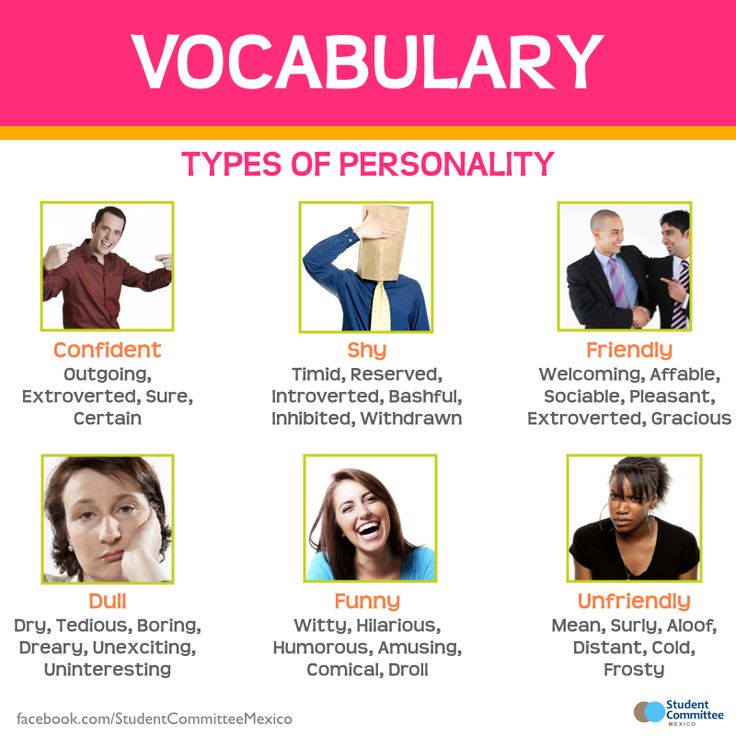 In front of everyone, to loud applause. Do not try in a dark corner, sniffling, to silently put crumpled banknotes into his pocket "as a token of sincere and heartfelt gratitude." Lubricate the picture.
In front of everyone, to loud applause. Do not try in a dark corner, sniffling, to silently put crumpled banknotes into his pocket "as a token of sincere and heartfelt gratitude." Lubricate the picture.
Do not miss the opportunity to congratulate him on holidays, on his (!) birthday. At the same time expensive gifts are not obligatory at all. Show yourself in front of him, say a few kind words. This will be enough to strengthen your relationship. The motto of the demonstrative: "Attention does not happen much!" nine0003
Executive (epileptoid) personality type
How to behave with a person of executive (epileptoid) personality type? - Very simple. You don't need to scare him. He ceases to be nervous and becomes a quite tolerable partner in communication and interaction if: a) he controls the situation (first of all, he is not overloaded with information flows) and b) he sees that you control the situation. Therefore, from the very beginning, show that you know your personal territory well, guard its boundaries, establish your own order of affairs and things on it . .. In other words, reserve the right to act in situations that affect your interests, to act as you (and not someone else!) consider it necessary. At the same time, make it clear to him that you respect his right to property (in the broadest sense). Let him be the master of his house, and you be the master of yours. nine0003
.. In other words, reserve the right to act in situations that affect your interests, to act as you (and not someone else!) consider it necessary. At the same time, make it clear to him that you respect his right to property (in the broadest sense). Let him be the master of his house, and you be the master of yours. nine0003
If the enforcer doubts this and intends to attack you in order to take control, try not to let him sit on your neck. Do not take his attempts to get into your individual space with his feet as a sign of location, benevolent attention to your person. Show him that you have guessed his intentions. Know how to defend your right to dispose of your personal belongings, manage your actions, think, speak and act as you want. nine0369 Teach him to approach you with advice only when you ask him to. Do not accept gifts from him that clearly encroach on your independence: expensive jewelry, clothing, tickets, vouchers ...
it will be easier to do it. The easier it is (without quarrels, without exhausting aggressive confrontation) you will get the desired position in his classification - “strong”. Remember: the executive is not energetically strong, he expands into foreign territory not from an excess of temperament. He just can't afford to be a mess around him. The essence of his relationship with others can be expressed as follows: “If you know how to manage your territory, manage it! If you don’t know how (weak, lethargic, stupid, disorganized) - give way to me (although it’s hard for me without you). nine0003
Remember: the executive is not energetically strong, he expands into foreign territory not from an excess of temperament. He just can't afford to be a mess around him. The essence of his relationship with others can be expressed as follows: “If you know how to manage your territory, manage it! If you don’t know how (weak, lethargic, stupid, disorganized) - give way to me (although it’s hard for me without you). nine0003
Ideological (paranoid) personality type
A gross communication error in relation to an ideological (paranoid) person will be an attempt to convince him. No matter how hard you try, no matter how eloquent and convincing in speeches, he will not accept them, he will remain with his opinion, and you will waste your strength in vain. How to be? - In the author's mind, if the idea to which the ideological one is devoted, the goal that he wholeheartedly serves, does not directly affect you - leave him alone. Let yourself work, strive, achieve. Do not argue with him for the sake of the argument itself - it will cost less. nine0003
nine0003
If he is right in your path, forcing you to either fight or give up, fight. Just not with him directly. Go to a higher level, to leadership (with the hope that there are no like-minded people there, or that there are no ideological ones, but it is much easier to deal with demonstrative, executive, etc.). Take away his resource base. Appeal to the public, recruit supporters. Exploit your own ideology with might and main.
Ideological is condescending towards former opponents. When they come to him with a confession, the ideological one takes it for granted. Of course, after all, he never doubted his innocence, dividing the world into like-minded people (i.e., the righteous) and dissidents (i.e., the erring). Therefore, for him, the transition from the camp of the erring to the camp of the righteous is a natural and desirable event. nine0003
Sensitive (emotive) personality type
Sensitive (emotive) will choose the best way of communication, excuse awkwardness, put up with tactlessness, will try to find something kind, bright, good in the interlocutor. But, while forgiving a lot, the sensitive experiences the strongest, most persistent discomfort from only one shortcoming - from insincerity.
But, while forgiving a lot, the sensitive experiences the strongest, most persistent discomfort from only one shortcoming - from insincerity.
Don't try to trick him. Do not play friendliness, friendly disposition, interest in his person. He will immediately feel the lie and will be very upset. No, he will not be offended, he will not hold a grudge against you (as an epileptoid would do). He will begin to think that his company is a burden to you, and will try to retreat to the distance you suggested (so it will seem to him). The trust that is possible and desirable between you will be detrimental. It’s better to open your mood to him (even if not the most rosy), express your claims. In a relationship with the sensitive, a good quarrel is better than a bad peace. A minute loss of self-control is better than the constant wearing of an impenetrable shell, a case. nine0003
Active (hyperthymic) personality type
We will not learn to speed up and facilitate the process of getting to know an active (hyperthymic) personality.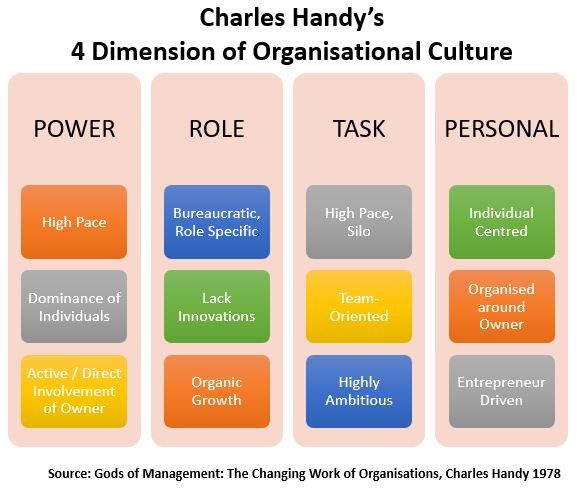 Not we with him, but he will get to know us, we won’t even have time to blink an eye. He used to act according to the principle: "I am such a goose that any pig is a friend." It seems that as soon as you say the first “hello” to him, and he is already frying scrambled eggs in your dressing gown in your kitchen.
Not we with him, but he will get to know us, we won’t even have time to blink an eye. He used to act according to the principle: "I am such a goose that any pig is a friend." It seems that as soon as you say the first “hello” to him, and he is already frying scrambled eggs in your dressing gown in your kitchen.
In this section, it is better for us to consult on how to avoid his familiarity, familiarity, how to avoid his unrestrained energy, how not to be involved in the turbulent, impetuous flow of life of a representative of an active personality profile, with which only he can cope. To do this, you need to show some stubbornness. You just have to disagree with his proposals to “throw around”, “set the sky on fire”, etc., and he will soon fall behind, switching to a more pliable and groovy object. nine0003
You can't, for example, keep the active person near you all the time. Will not work. If this is achieved by violence - physical and / or psychological - then life together will turn into hell.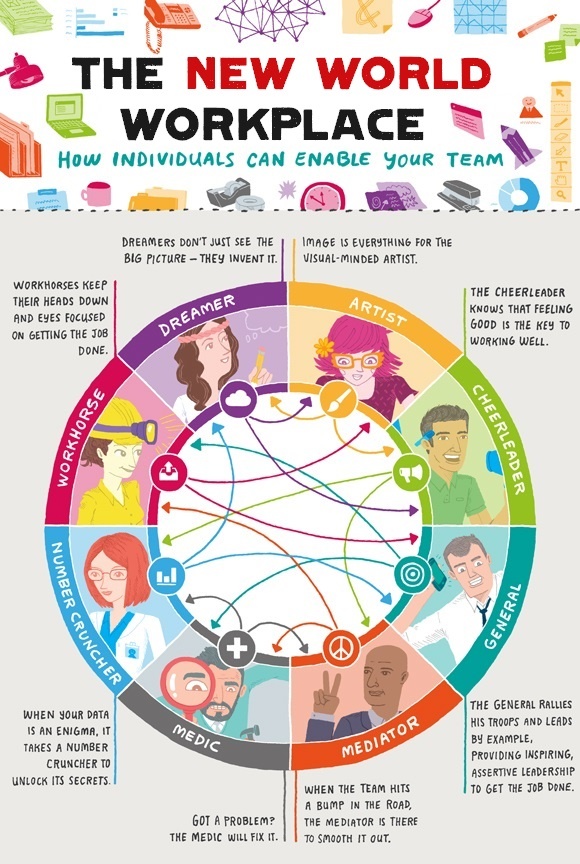 Active (hyperthymia), handcuffed to a chair, will slowly fade away... Therefore, it is recommended: firstly, to establish formally friendly relations with them, keeping a distance, not trying unnecessarily to penetrate into the dark depths of their peculiar soul. Secondly, do not lose heart, not seeing quick results from trying to teach them the mind. The results will appear, but later (when? - it is difficult to predict: maybe tomorrow, or maybe after twenty years of marriage). Thirdly, if you did not follow the first recommendation and nevertheless became close to a person with a creative personality profile, do not leave him, bear full responsibility for the one who was "tamed". nine0003
Active (hyperthymia), handcuffed to a chair, will slowly fade away... Therefore, it is recommended: firstly, to establish formally friendly relations with them, keeping a distance, not trying unnecessarily to penetrate into the dark depths of their peculiar soul. Secondly, do not lose heart, not seeing quick results from trying to teach them the mind. The results will appear, but later (when? - it is difficult to predict: maybe tomorrow, or maybe after twenty years of marriage). Thirdly, if you did not follow the first recommendation and nevertheless became close to a person with a creative personality profile, do not leave him, bear full responsibility for the one who was "tamed". nine0003
To offend him is like a small child. At the same time, be prepared for the fact that he can cool off on you as unexpectedly and for no reason as he attached himself. For him, the educational impact, the friendly advice of a loved one may not matter, while the remark of a casual acquaintance will suddenly turn out to be fundamentally important.